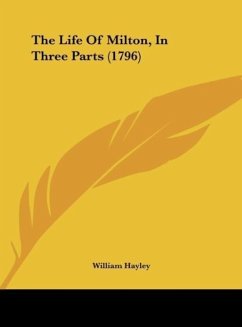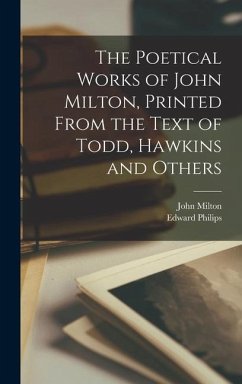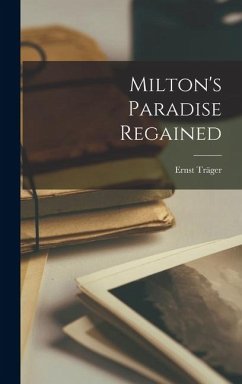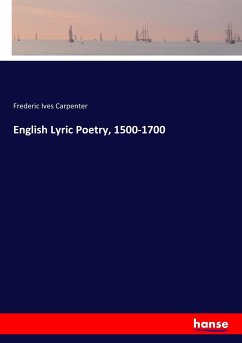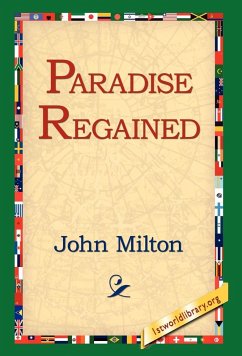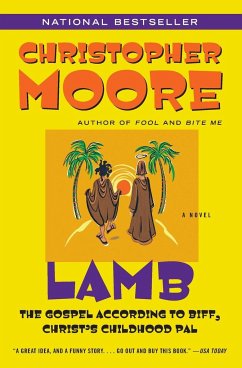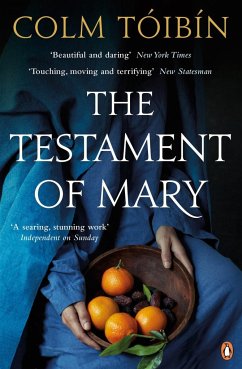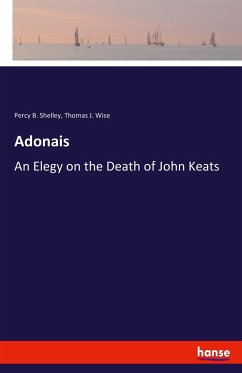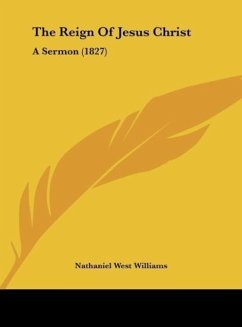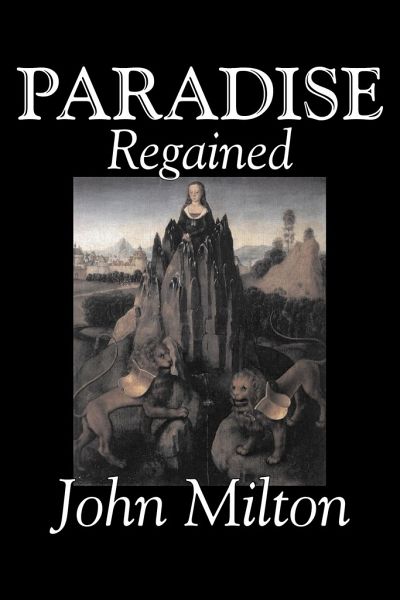
Paradise Regained by John Milton, Poetry, Classics, Literary Collections
Versandkostenfrei!
Versandfertig in 1-2 Wochen
12,99 €
inkl. MwSt.

PAYBACK Punkte
6 °P sammeln!
In purely poetic value, Paradise Regained is little inferior to its predecessor. There may be nothing in the poem that can quite touch the first two books of Paradise Lost for magnificence; but there are several things that may fairly be set beside almost anything in the last ten. The splendid "stand at bay" of the discovered tempter -- "'Tis true I am that spirit unfortunate" -- in the first book; his rebuke of Belial in the second, and the picture of the magic banquet (it must be remembered that, though it is customary to extol Milton's asceticism, the story of his remark to his third wife, ...
In purely poetic value, Paradise Regained is little inferior to its predecessor. There may be nothing in the poem that can quite touch the first two books of Paradise Lost for magnificence; but there are several things that may fairly be set beside almost anything in the last ten. The splendid "stand at bay" of the discovered tempter -- "'Tis true I am that spirit unfortunate" -- in the first book; his rebuke of Belial in the second, and the picture of the magic banquet (it must be remembered that, though it is customary to extol Milton's asceticism, the story of his remark to his third wife, and the Lawrence and Skinner sonnets, go the other way); above all, the panoramas from the mountaintop in the third and fourth; the terrors of the night of storm; the crisis on the pinnacle of the temple -- are quite of the best Milton, which is equivalent to saying that they are of the best of one kind of poetry. -- The Cambridge History of English and American Literature



